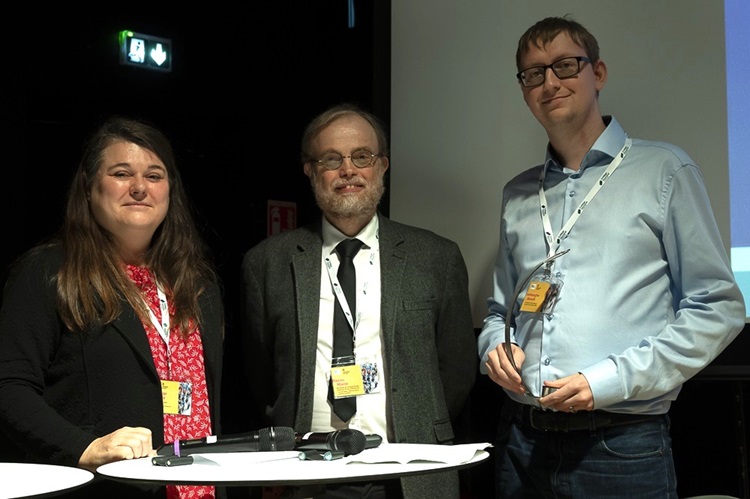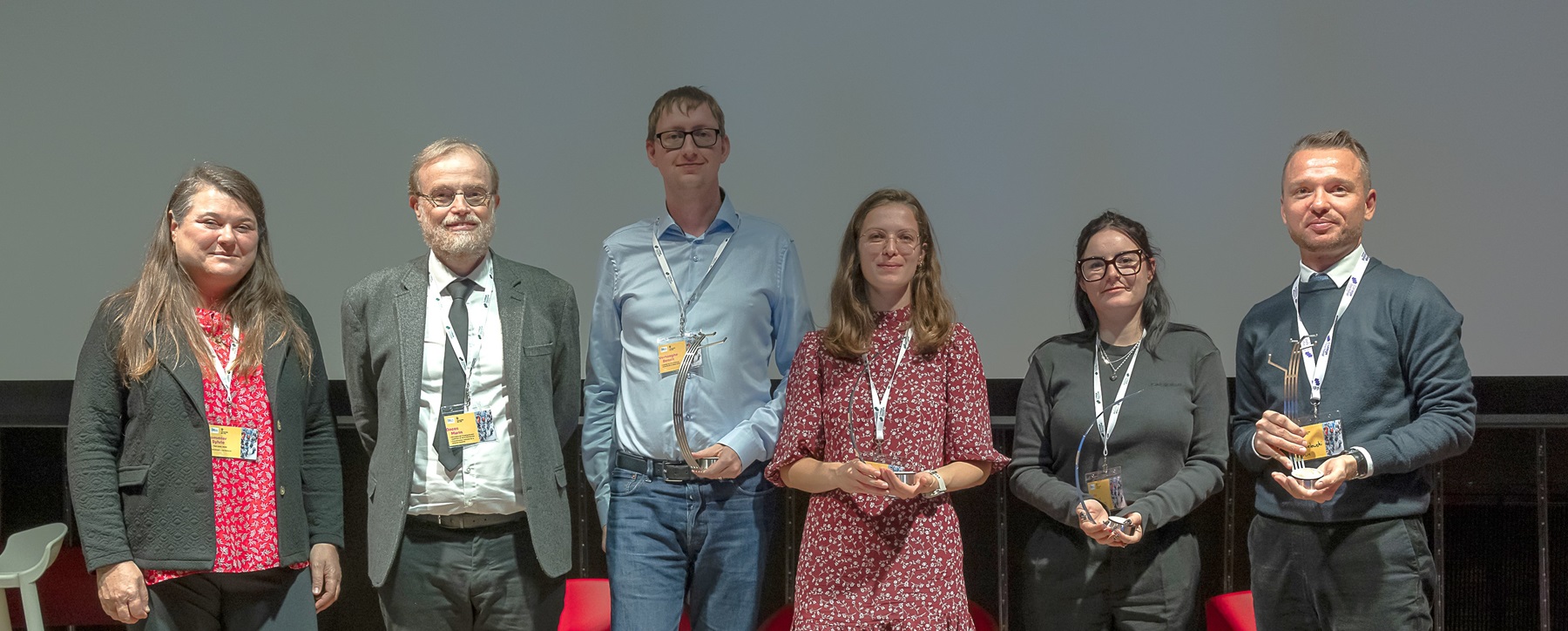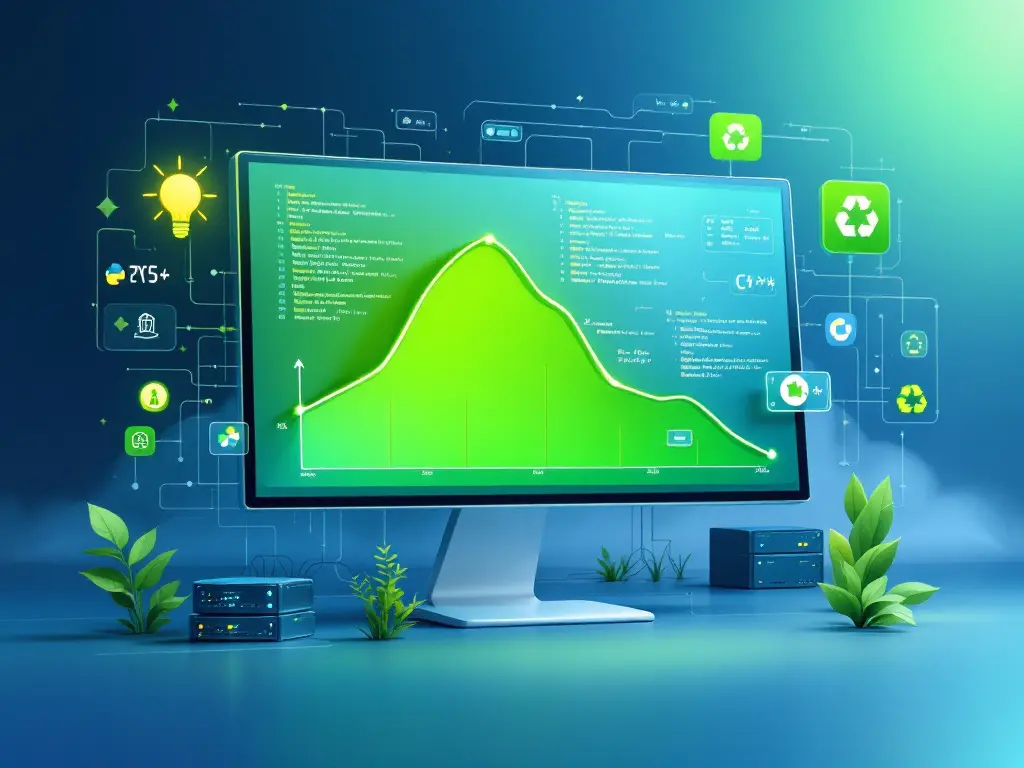In a world where science plays a crucial role in meeting economic, environmental and societal challenges, the notion of openness in research is taking on strategic importance. Organised by the Committee for Open Science (CoSO) and supported by the French Ministry of Higher Education and Research, the Open Science Awards embody this commitment by recognising researchers who place scientific openness at the heart of their work.
As the urgency to address this issue grows, the literature reveals numerous studies investigating solutions for energy-efficient software applications. For instance, research has been conducted on the energy efficiency of monolithic versus microservice architecture, as well as the effect of interface technologies, such as REST and WebSockets, on energy consumption.
Economic and societal issues: research aligned with sustainability
This first event was held on 6 November 2024, as part of the Journées Nationales du Doctorat (National Doctoral Days) in Lille. It was attended by renowned partners including Inria, with whom Berger-Levrault is working to accelerate the development of accessible digital solutions.
These awards encourage researchers and companies to adopt responsible and collaborative practices, thereby contributing to the lasting transformation of technological sectors.
A look back at the event and the winners
4 themes, 14 juries, 8 winners… And it’s our colleague Benoit Verhaeghe, scientific project manager in Berger-Levrault’s Research and Technological Innovation Department, who has been awarded one of the Open Science | Thesis prizes in the ‘Science and Technology’ category. The prize was awarded in recognition of his innovative work on modernising applications, carried out as part of his thesis in collaboration with Berger-Levrault, Inria (Evref team), the CRIStAL research laboratory, the Lille Mathematics-Digital Sciences and Interactions doctoral school (MADIS-631) and the Computer Science doctoral training department.

His research in the software industry, which will be supported by the University of Lille in 2021, aims to identify software dependencies, assess the challenges involved in migrating software and propose semi-automated tools to speed up these transitions. These technological advances are part of an overall approach to sustainable digital transformation, incorporating principles of digital and functional sobriety right from the software design stage.
Click here to access Benoit’s thesis: Incremental approach for application GUI migration using metamodels | Theses.fr
Towards more sustainable science and more responsible software performance
By drawing on open methodologies and advanced tools, Benoit is demonstrating that it is possible to combine open research and industrial tools. This recognition also highlights the importance of collaboration between public research and industrial innovation.
We explored many scenarios: idling servers, small and large scenarios with more and more customers at the same time iterating on the scenario. Our approach allows us to measure that moving to new technology reduces the energy consumption of our system up to 4 times.
“The solutions developed by Benoit, alongside Inria’s Evref and Berger-Levrault’s BL Research teams, provide a concrete response to the challenges of a more sustainable digital transformation, while optimising software performance“, says Christophe Bortolaso, Director of Research at Berger-Levrault.
The latest success in this area is the eco-design of WeMagnus, Berger-Levrault’s new SaaS solution for local authorities with fewer than 5,000 inhabitants. The aim is to reduce the repetitive tasks of town hall registrars, simplify access to target information and reduce their carbon footprint.
To find out more…
Read this article to find out more about our WeMagnus solution for the digital transformation of small local authorities !
At the crossroads of innovation and sustainability, this prize more broadly embodies the future of research: open, collaborative and committed to making a positive impact on society.





